The Covid-19 pandemic has affected all of us adversely. While most of us remain jobless and financially unstable, what seems to be the biggest problem the pandemic will leave behind is that of disruption of education.
UN Secretary-General Antonio Guterres on Tuesday said that the school closures amid the Covid-19 pandemic is leading to a “generational catastrophe”.
The UN secretary-general says the world is facing a “generational catastrophe” because of the havoc Covid-19 is wreaking on education systems https://t.co/Sc8QTcTHmo
— CNN (@CNN) August 4, 2020
UN Secretary-General Antonio Guterres said, affecting nearly 1.6 billion students in all countries. He said:
Some 23.8 million additional children and youth (from pre-primary to tertiary) could drop out or not have access to school next year due to the pandemic’s economic impact alone. The world was facing a “generational catastrophe that could waste untold human potential, undermine decades of progress, and exacerbate entrenched inequalities.
He further added:
Once local transmission of Covid-19 is under control, getting students back into schools and learning institutions as safely as possible must be a top priority. Consultation with parents, carers, teachers and young people is fundamental.
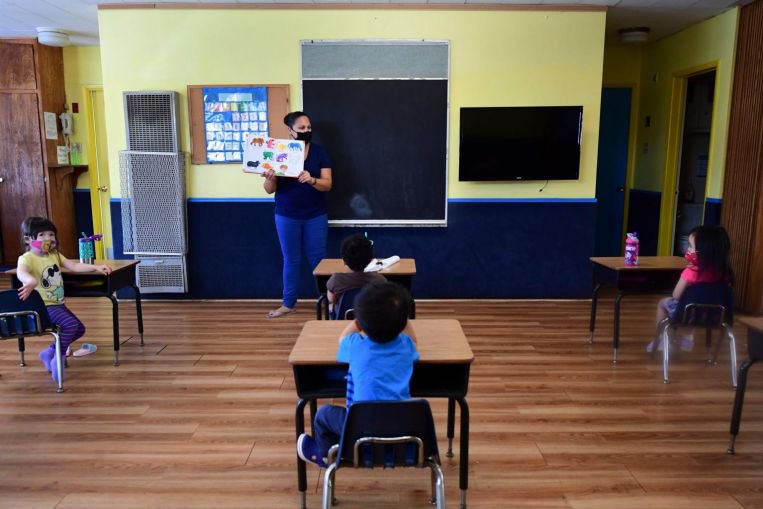
Launching the UN’s policy brief “Education during Covid-19 and beyond”, Guterres said that the world was already facing a learning crisis, as more than 250 million school-age children were out of school, and only a quarter of secondary school children in developing countries were leaving school with basic skills but the pandemic has exacerbated it. He further said:
In mid-July, schools were closed in more than 160 countries, affecting over 1 billion students. At least 40 million children worldwide have missed out on education in their critical pre-school year.
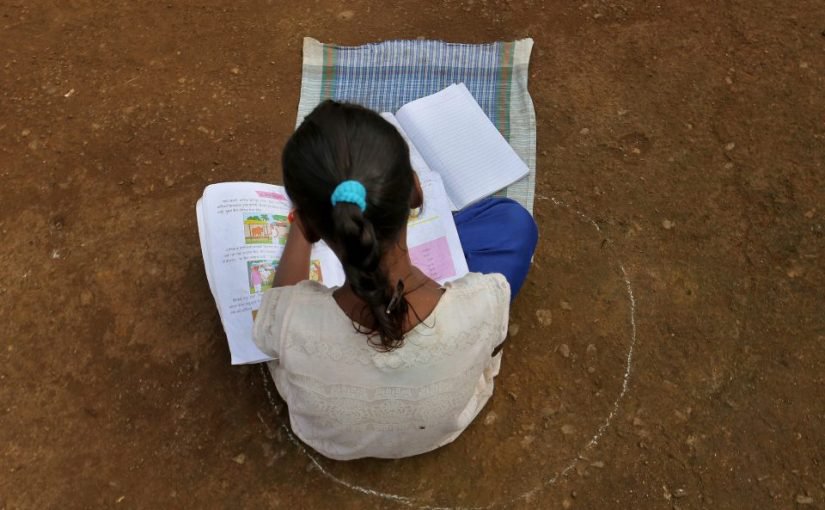
Despite the rapid progress in online education and teachers trying their best, many students remain out of reach.
Learners with disabilities, those in minority or disadvantaged communities, displaced and refugee students and those in remote areas are at highest risk of being left behind.
Social and education workers have also highlighted the impact “digital divide” has on education and have urged authorities not to enforce online education without addressing these shortages.
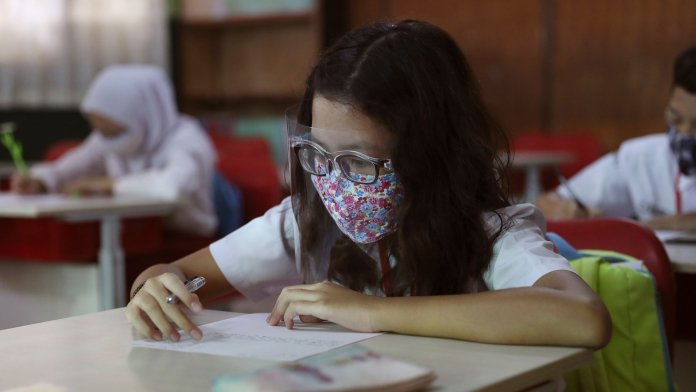
According to a global projection covering 180 countries by the UN education agency UNESCO and partner organisations, some 23.8 million additional children and youths from pre-primary school to university level are at risk of dropping out or not having access to school next year due to the pandemic’s economic impact.
In India alone, a minimum of 30 million school students are adversely affected. In poorer countries, schools provide not only education but also nutrients, food and life skills. A conservative estimate is that disruption in school education may continue for another four months at least.
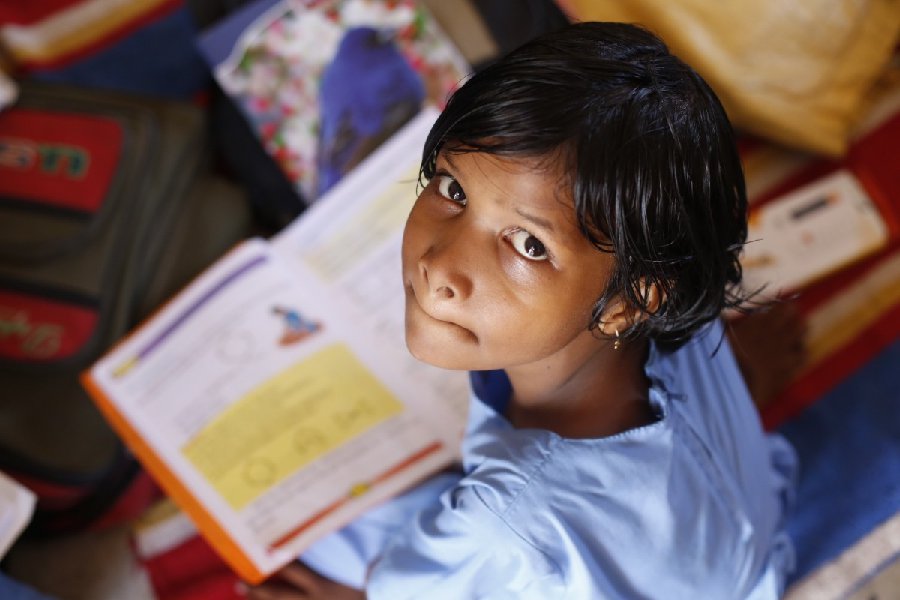
The UN chief also highlighted an often less-discussed impact of shuttered schools, struggles of working parents. Parents, especially women, are forced to juggle the demands of working from home with taking care of the child.
Recent economic research by the Center for Economic and Policy Research, a Washington-based think tank, said, among married couples who work full time, women provide close to 70% of child care during standard working hours.
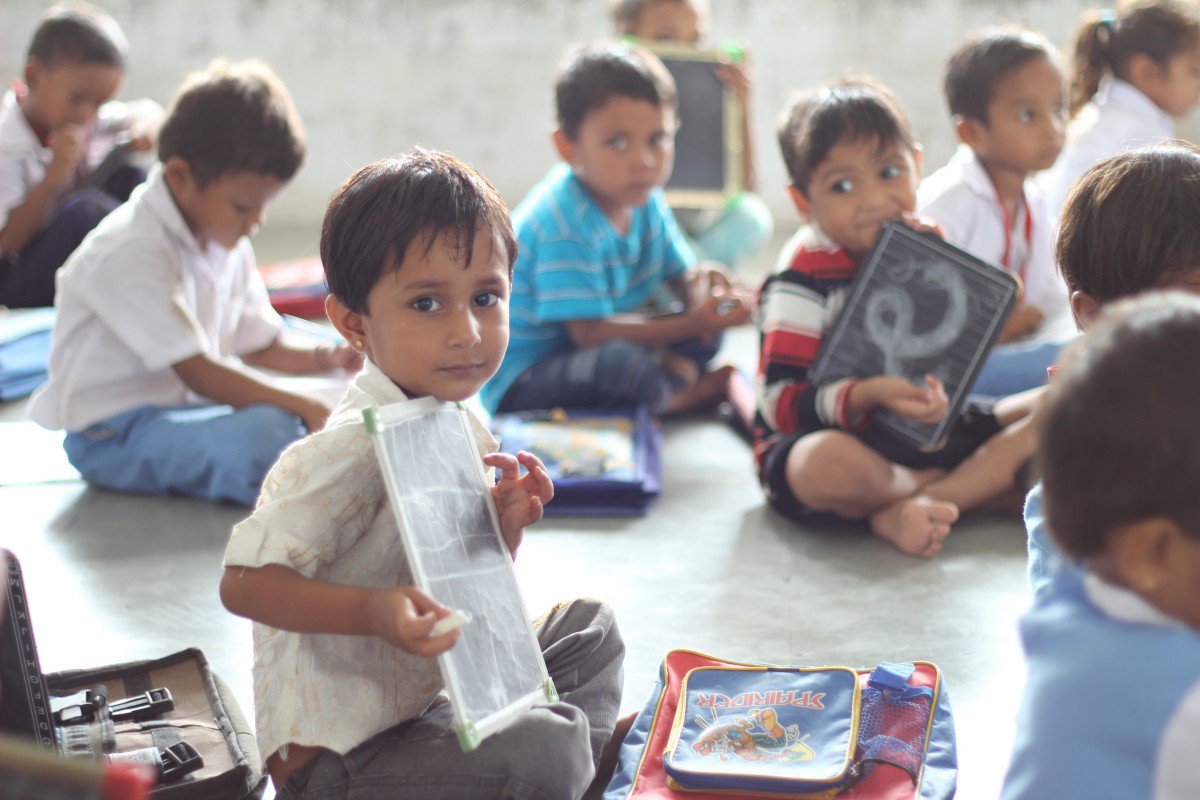
This unequal burden has a direct impact on work prospects. Women’s employment is hence believed to be affected more severely by the sudden rise in child care needs.
Guterres said increasing financing for education must be given priority. Before the pandemic, low- and middle-income countries faced an education funding gap of $1.5 trillion annually, he said, and the gap in education financing globally could increase by 30% because of the pandemic.
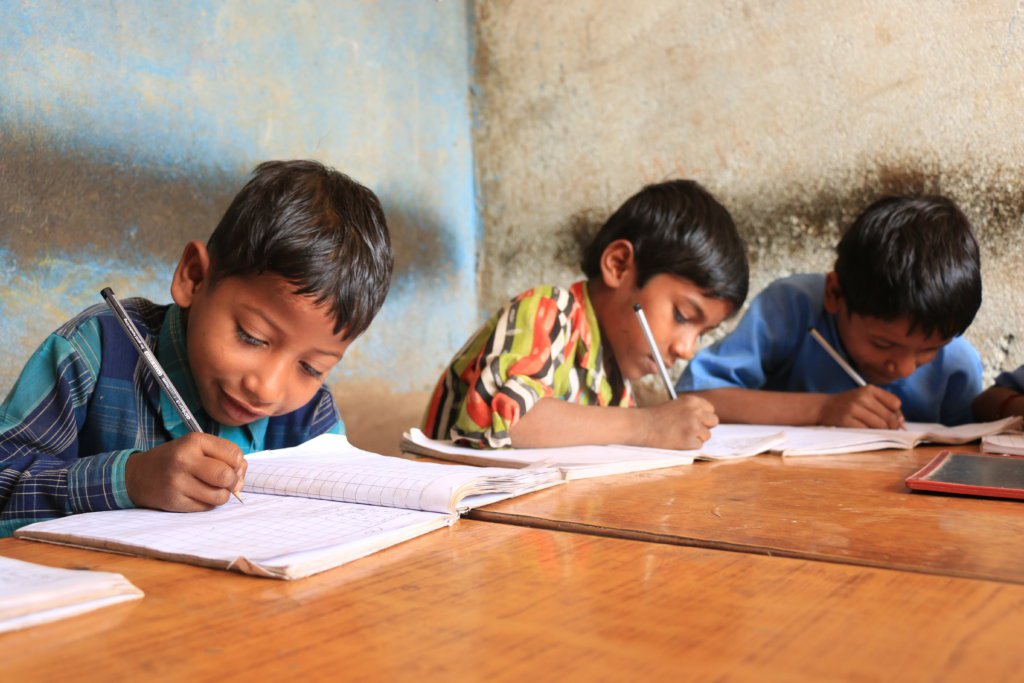
Guterres called for action in four key areas, the first being reopening schools. “Once local transmission of Covid-19 is under control,” he said, “getting students back into schools and learning institutions as safely as possible must be a top priority.”

















